Food preservation is a key element of self-sufficiency, and we introduce methods to conserve today's surplus for tomorrow's deficit.
Disruptions from natural and manmade disasters can be reduced with a sufficient back stock of resources. How will you provide food for yourself and your loved ones in a survival situation? Food preservation skills are extremely important in an increasingly volatile age.
We have an overabundance of food, and it is our pleasure to share it with everyone who is hungry! Even after we feed 40,000 free meals a year to our extended community, the firemen, single mothers, families, and the homeless, we still have an excess of food. We make a variety of dips, sauces, salsas, jams, jellies, and preserves every year so the bounty can be enjoyed on later occasions.
It's also well impressive to whip up a dank feast on the quick mode when you have an unexpected gaggle of guests arrive, so keep some of your most delectable products on hand! Here are some methods for putting back a portion of your harvest for leaner (or party!) times:
PICKLING preserves vegetables or fruits in a vinegar and brine solution. It is coupled with the process of CANNING, where glass jars are sterilized and filled with flavorful combos of produce, seeds, and herbs, thin covered with liquid, lidded, and boiled to vacuum seal the contents. Our lovely Eden Knights pickle pecks of produce each season! Okra, cucumbers, and beets make dank pickles.
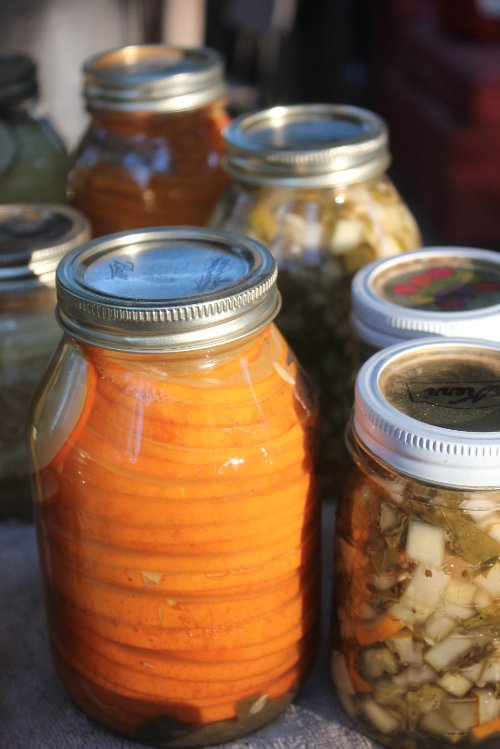
FREEZING preserves food by maintaining a temperature too low for microbes that cause spoilage to live. Cooked food should be cooled completely before it is placed in the freezer. Power supply is a consideration for freezing; realistically, this method is a better addition to your preserved food plan rather than primary option for food preservation if you do not yet have a sustainable power reality.
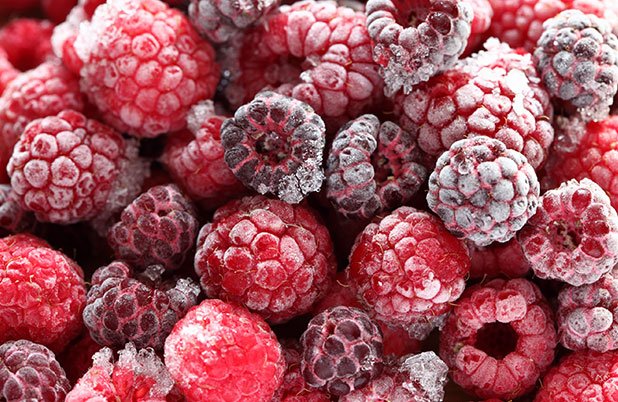
DEHYDRATING preserves food by removing moisture. In the most primitive method, fruits and veggies and meats are laid in the sun away from bugs and predators until they are dry. Fancier apparatuses have been devised to increase and circulate solar power to reduce drying time. We have created a cool, quick, free, and sustainable setup made from salvaged glass doors and reflective material!
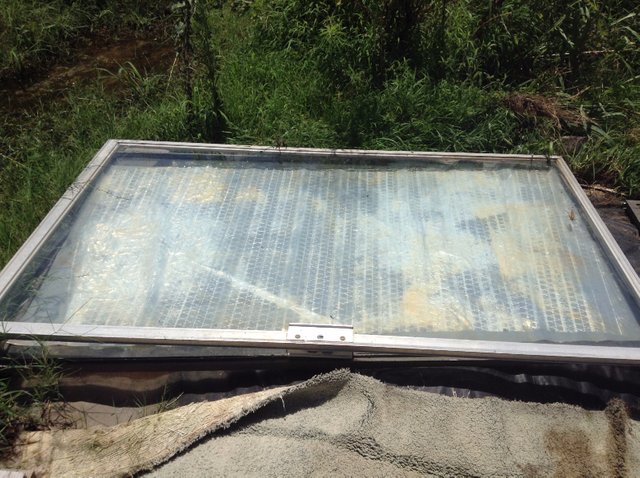
FERMENTATION preserves the harvest using salt and beneficial microbes. Helpful bacteria transform carbohydrates into alcohols and acids; both these bacteria and their byproducts starve out the microbes that cause food to spoil. These helpful bacteria are the probiotics that keep your guts happy and healthy! Our Eden Knights regularly make huge batches of kimchi and kombucha or jun.
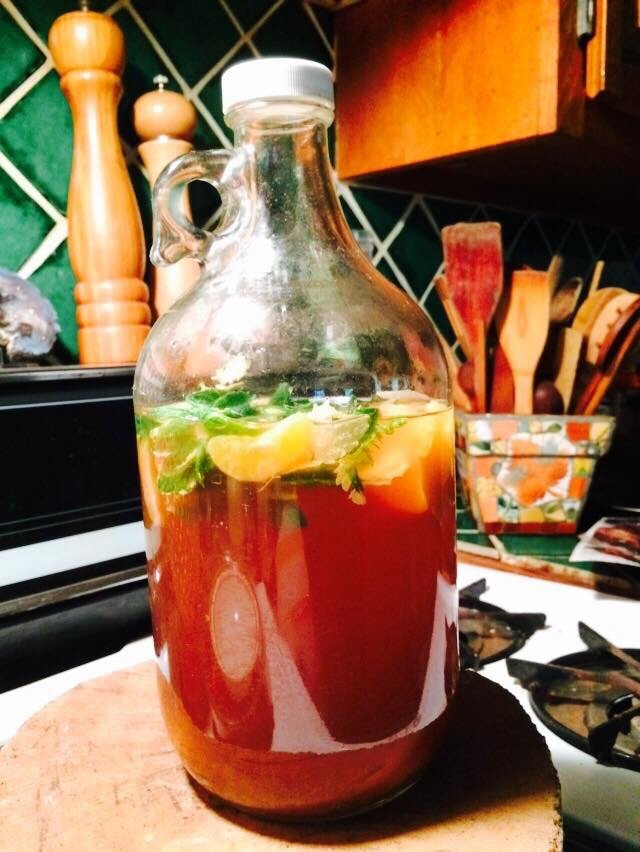
We hope you are inspired to preserve and share your abundance! These skills were once commonplace, but modern society has become complacent and dependent on the system. It makes sense to reconnect with traditional knowledge, because you never know what can happen. Food stability is within reach! Won't you be the talk of the zombie apocalypse when you pop open your jar of beyond organic, homemade jalapeños in lemon adobo sauce?
We are dedicated to the success of the Steemit community, and we are doing our part to expand the marketplace for goods available for cryptocurrency exchange! We are now offering a selection of our Über Dank Pantry items on Peerhub in exchange for SBD donations towards our cause of feeding, clothing, housing, and educating more people than ever before!
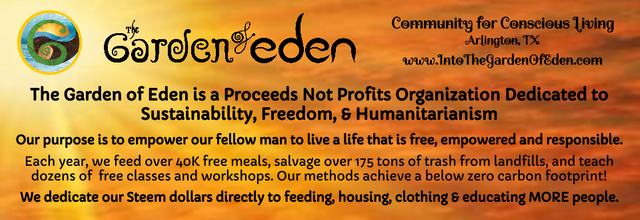
My favorite example of food preservation is getting raw milk, drinking it until it starts to crude, then make it into cheese and then the cheese properly preserved last for a very long time.
This requires no pots, pans, jars, fires or much at all. Its just built into nature.
I also love that about vinegar. A purely natural solution!
Downvoting a post can decrease pending rewards and make it less visible. Common reasons:
Submit
Super sustainability!
Here's a link for HOW TO MAKE VINEGAR!
Downvoting a post can decrease pending rewards and make it less visible. Common reasons:
Submit
Great Job!
Downvoting a post can decrease pending rewards and make it less visible. Common reasons:
Submit
Food preservation is surprisingly easy! I'm grateful to know this homesteading art.
Downvoting a post can decrease pending rewards and make it less visible. Common reasons:
Submit
We're grateful to share!
Downvoting a post can decrease pending rewards and make it less visible. Common reasons:
Submit
This is superb knowledge for us all to know. Such a great opportunity I have to learn these great techniques. Much love to @quinneaker and @gardenofeden!
Downvoting a post can decrease pending rewards and make it less visible. Common reasons:
Submit
Giving thanks! Love to you too~*~
Downvoting a post can decrease pending rewards and make it less visible. Common reasons:
Submit
Food preservation is nearly a lost art. So glad we're putting it back on the radar and showing how easy and beneficial it can be. Great post.
Downvoting a post can decrease pending rewards and make it less visible. Common reasons:
Submit
Thank you!
Downvoting a post can decrease pending rewards and make it less visible. Common reasons:
Submit
Love this, thanks for sharing!
Downvoting a post can decrease pending rewards and make it less visible. Common reasons:
Submit
Glad you appreciate the wisdom!
Downvoting a post can decrease pending rewards and make it less visible. Common reasons:
Submit
Essential Knowledge for a sustainable future!
Downvoting a post can decrease pending rewards and make it less visible. Common reasons:
Submit
Absolutely! Tell the others!
Downvoting a post can decrease pending rewards and make it less visible. Common reasons:
Submit
These are all great ways to keep food way past their harvest! I'm a big fan, too, of growing crops that don't take any special effort to store - like onions, winter squash, potatoes, and cabbage. I don't care for canned vegetables, except tomatoes. But so many vegetables (and fruits) are great when they are dehydrated and can last for years. And freezing is so, so easy. Fermentation can seem so 'out of control' to some folks, but it's an amazing process that produces some great flavors. Here's to everyone having surplus to store - and share!
Downvoting a post can decrease pending rewards and make it less visible. Common reasons:
Submit
More of us need to know how to preserve food. Thanks for sharing!!
Downvoting a post can decrease pending rewards and make it less visible. Common reasons:
Submit
Great post! I am continually preserving something all year round. I have multiple organic gardens and a greenhouse in my yard. Canning, freezing and dehydrating are an almost weekly routine. love be self-sustaining.
Downvoting a post can decrease pending rewards and make it less visible. Common reasons:
Submit